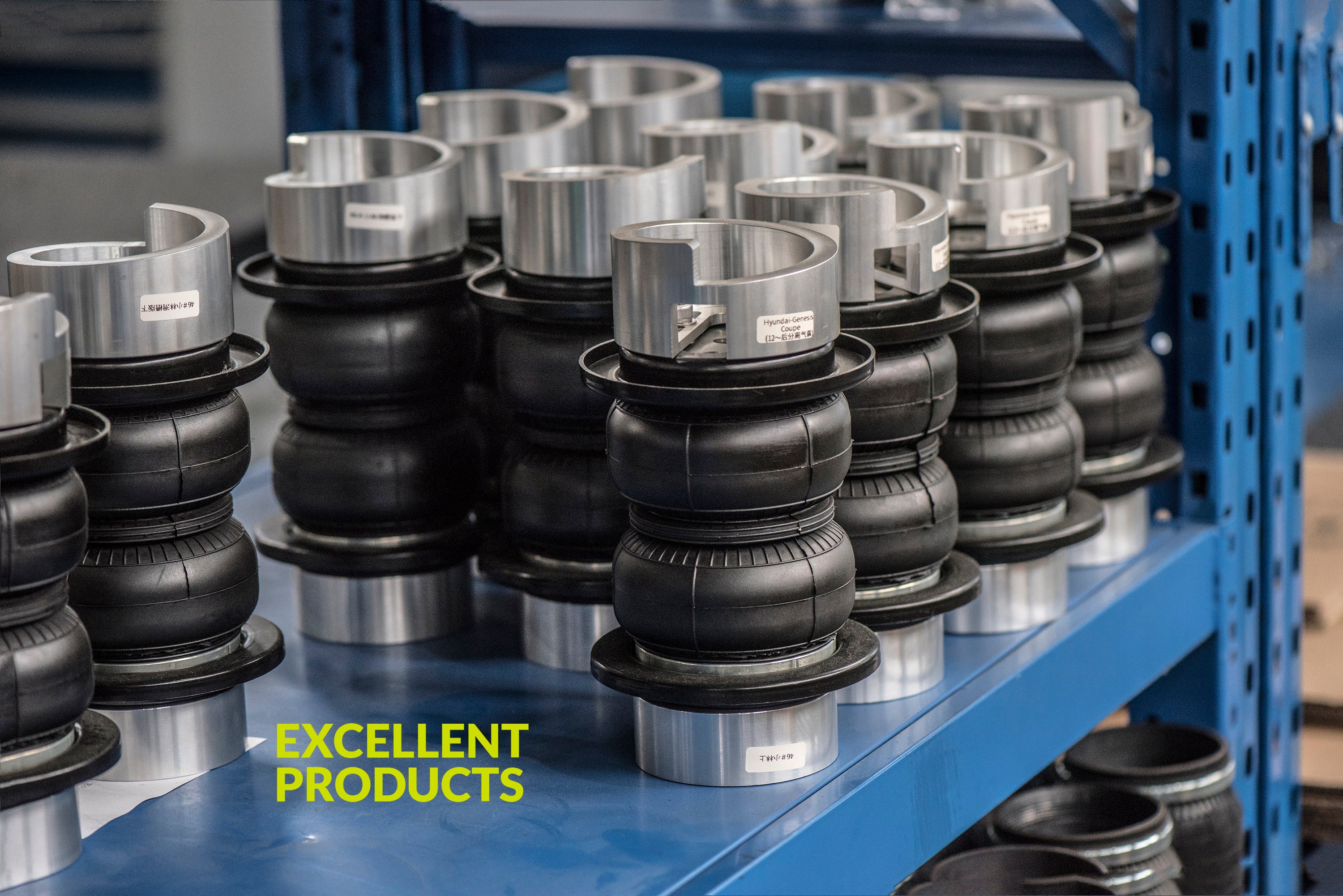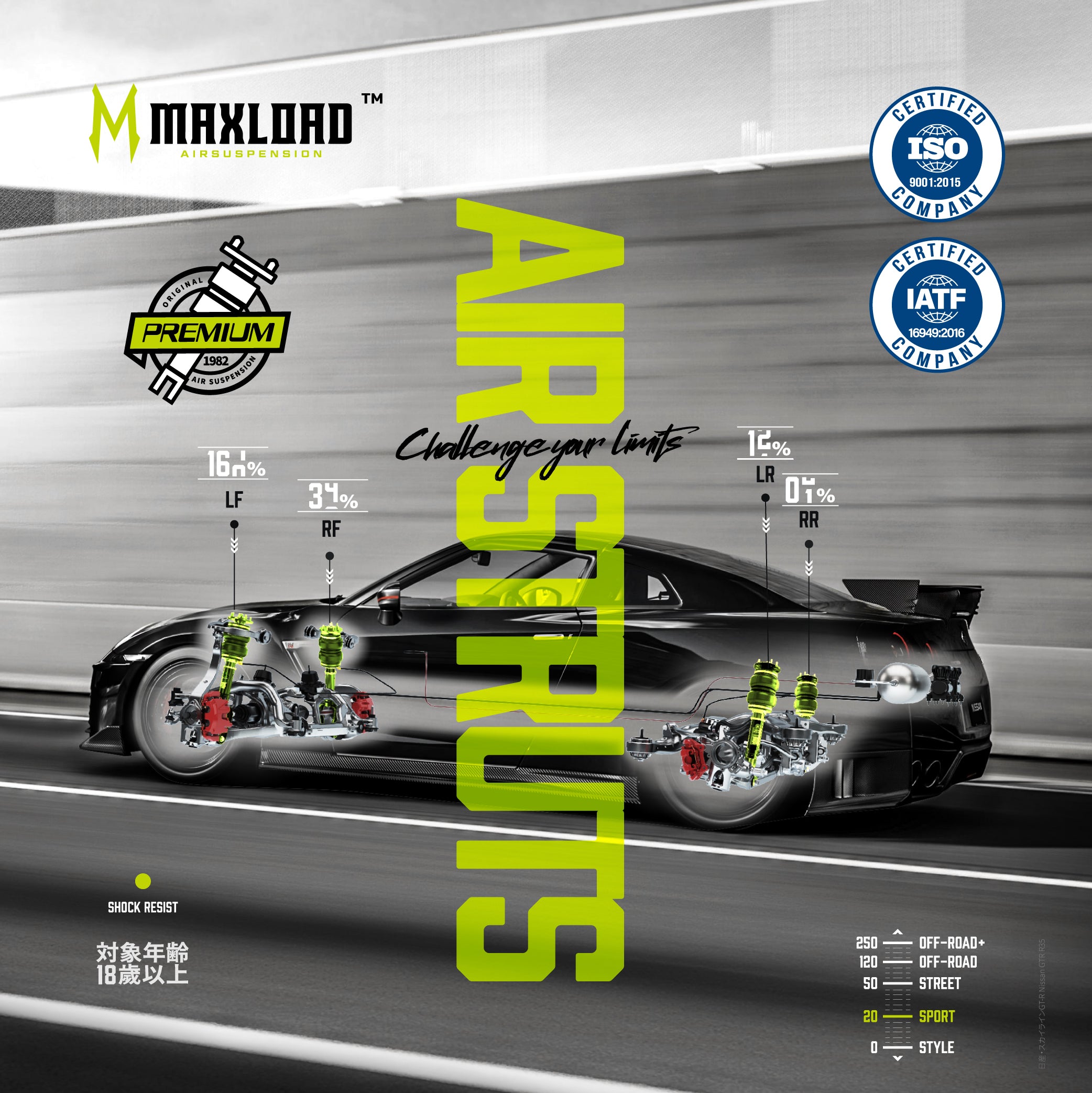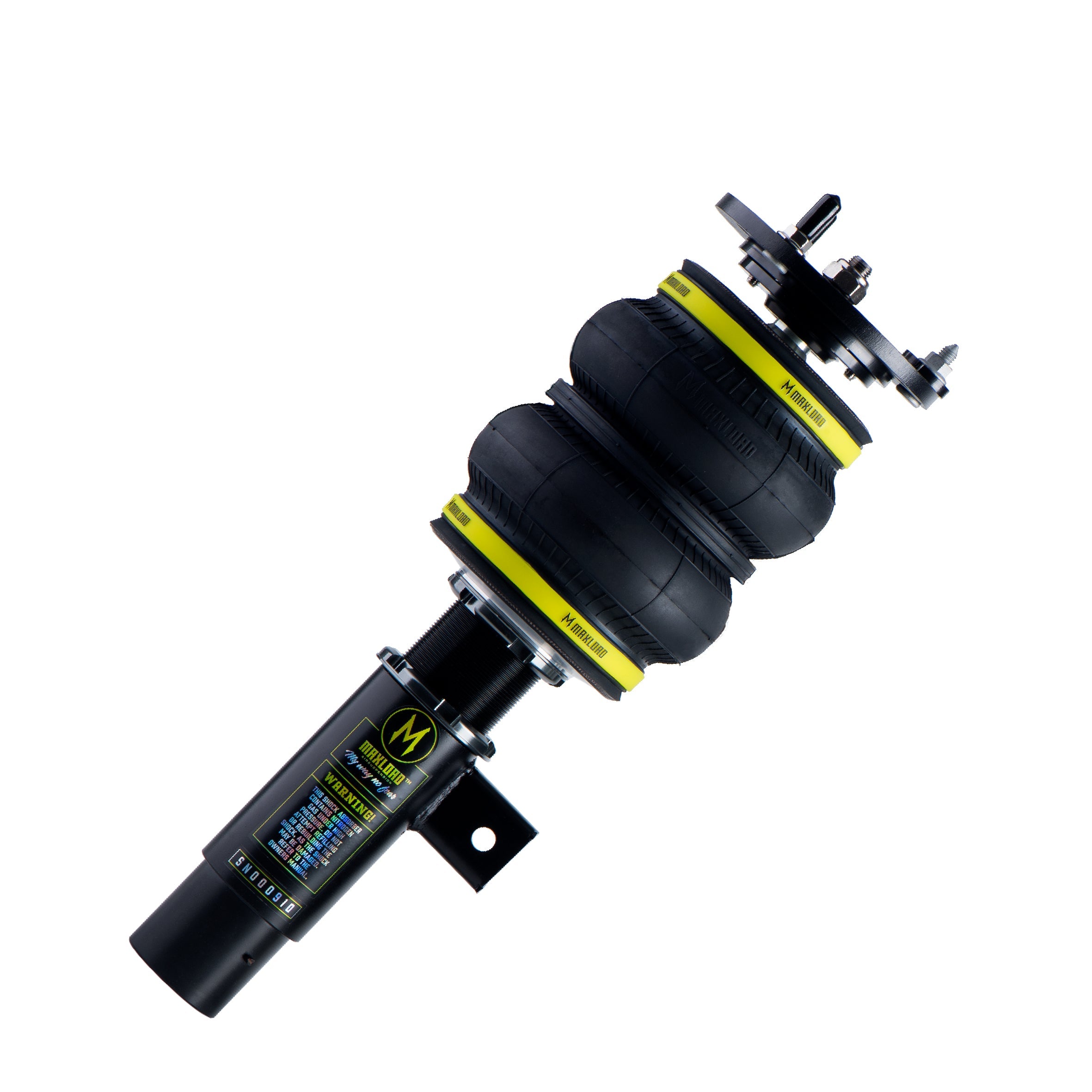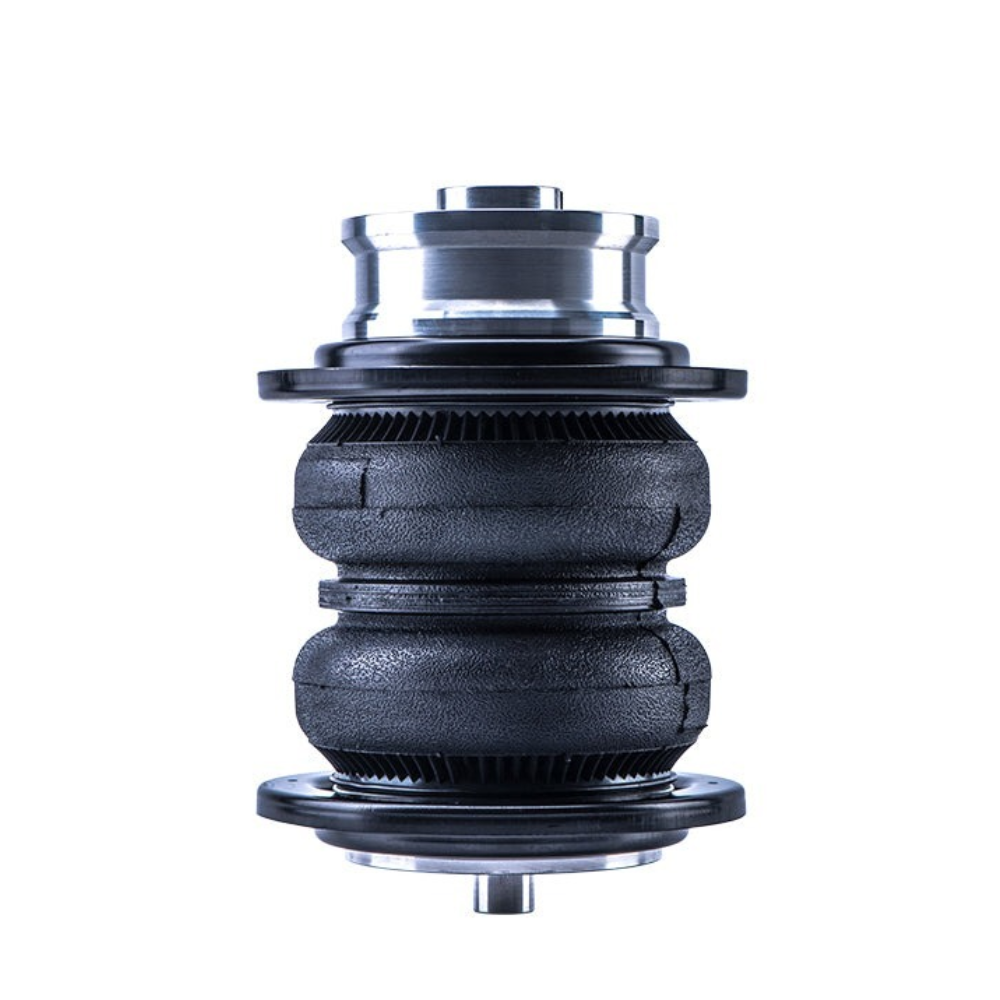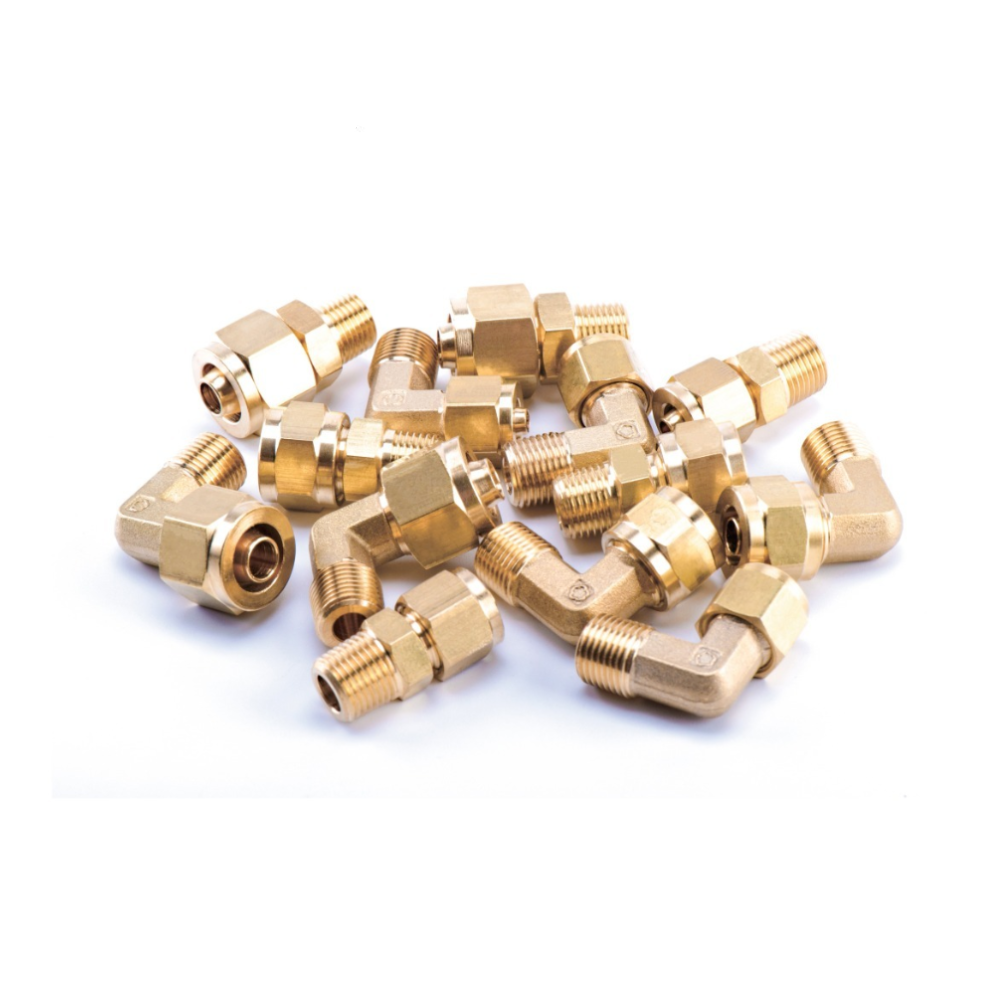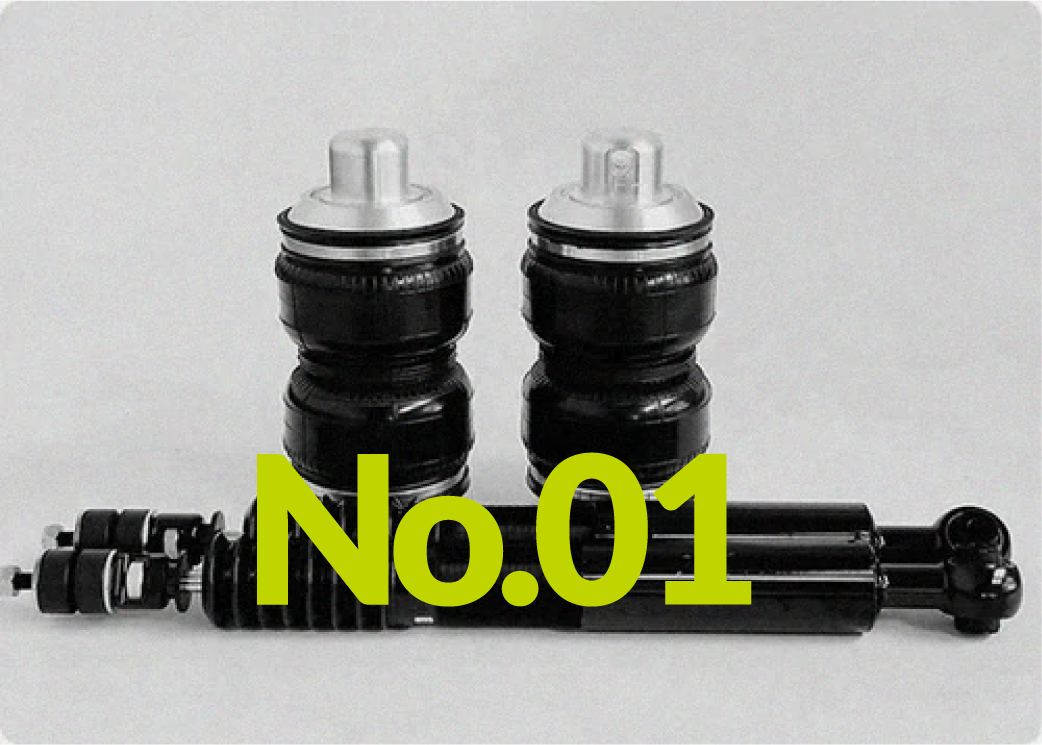If you’ve ever felt your car’s ride get bumpier in winter or noticed a slight “softness” in the suspension during summer, you’re not imagining it—shock absorbers really do change their “behavior” with the seasons. Temperature, humidity, and even road conditions can affect how your shocks work. Today, we’ll break down these seasonal changes in simple terms, plus share easy tips to keep your shocks (and Maxload air suspension) in top shape all year round.

1. Summer: High Temperatures = “Softened” Performance
- Summer’s hot sun doesn’t just make your car’s interior warm—it also impacts your shock absorbers. For traditional oil-filled shocks, high temperatures thin out the damping oil inside. When the oil gets thinner, it flows faster through the shock’s valves, which can make the suspension feel “softer” than usual. You might notice:
More body roll when turning (like the car leans more to one side).

- Longer braking distances (since softer shocks can reduce tire contact with the road slightly).
- A “bouncier” ride over small bumps (the shocks don’t absorb vibrations as quickly).
For Maxload air suspension users, summer heat can affect air pressure too. The air inside the airbags expands in high temperatures, which might raise your car’s height slightly (even if you didn’t adjust it).
2. Winter: Cold = “Stiffened” Response & Increased Wear
Winter’s freezing temperatures are even harder on shock absorbers. Here’s why:
For oil-filled shocks: Cold air thickens the damping oil. Thick oil flows slowly through the valves, making the suspension feel “stiff.” You’ll probably notice a harsher ride—every pothole or icy bump feels more intense.
For rubber parts: The rubber bushings and seals on shocks get hard and brittle in the cold. This not only makes the ride noisier (you might hear creaks over bumps) but also increases the risk of leaks (brittle seals are more likely to crack).
For Maxload air suspension users, there’s good news about freezing concerns: If you’re using Maxload P2 or HP2 systems, you don’t need to worry—both models come with built-in anti-freezing functions. Their valve bodies have internal heating elements; when the temperature sensor detects that the temperature is too low in winter, the heating elements will automatically activate to prevent freezing.
3. Spring & Autumn: Mild Weather, But Don’t Let Your Guard Down
Spring and autumn have mild temperatures, which are ideal for shock absorbers—but they bring other risks:
Spring rain: Wet roads mean more mud and debris. These can stick to your shocks, scratching the outer casing or clogging the valves (for traditional shocks). Over time, this can cause premature wear.
Autumn leaves: Piles of wet leaves on the road can hide potholes. Hitting an unseen pothole hard can damage both traditional shocks and Maxload air suspension components (like airbags or sensors).
4. Seasonal Tips to Keep Your Shocks in Good Shape
No matter the season, these simple steps will help your shock absorbers (and Maxload air suspension) last longer:

- Summer: Check Maxload air pressure regularly (adjust if the car is higher than usual). For traditional shocks, make sure there’s no oil leakage (high temperatures can worsen leaks).
- Winter: Warm up your car for 1-2 minutes before driving (this softens the damping oil slightly). For Maxload users: If you have P2 or HP2 systems, activate the built-in anti-freezing function (it can also work automatically) and still drain moisture from the air tank regularly for better maintenance; if you have other models (e.g., P1), pay extra attention to preventing moisture from entering the air lines.
- Spring & Autumn: Clean your shocks with a damp cloth after driving on muddy/wet roads. Avoid hitting hidden potholes (go slow over leaf piles!).
5. Final Thought
Shock absorbers are like your car’s “legs”—they adapt to the weather, but they need a little extra care each season. By understanding how temperature and weather affect them, you can keep your ride smooth and your shocks working well for years. Whether you’re using traditional shocks or Maxload air suspension (especially P2/HP2 with anti-freezing features), a little seasonal attention goes a long way!


